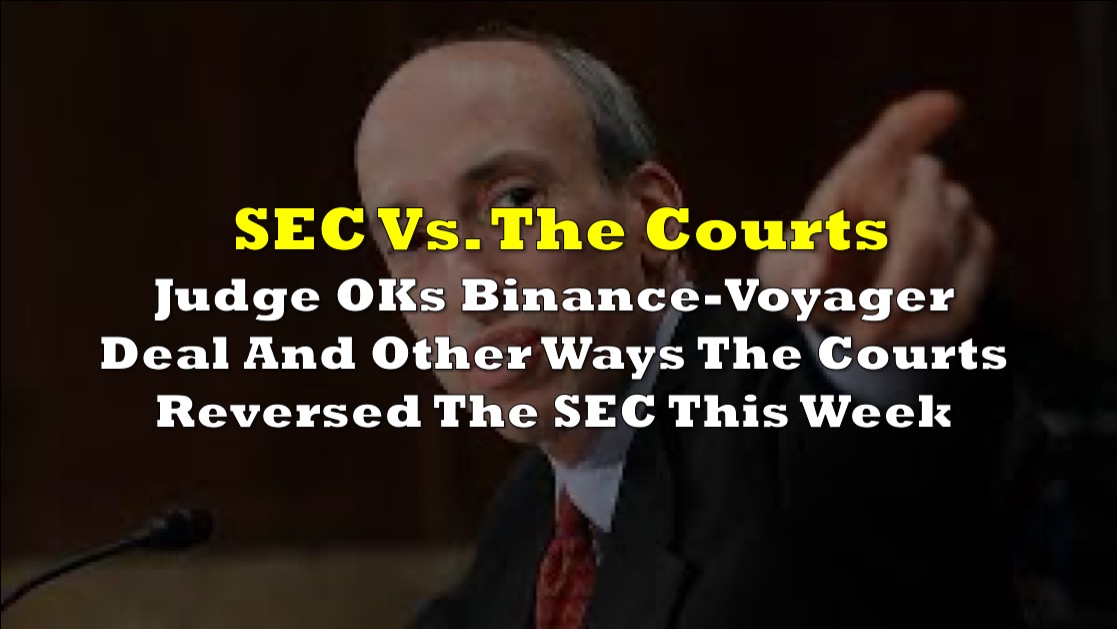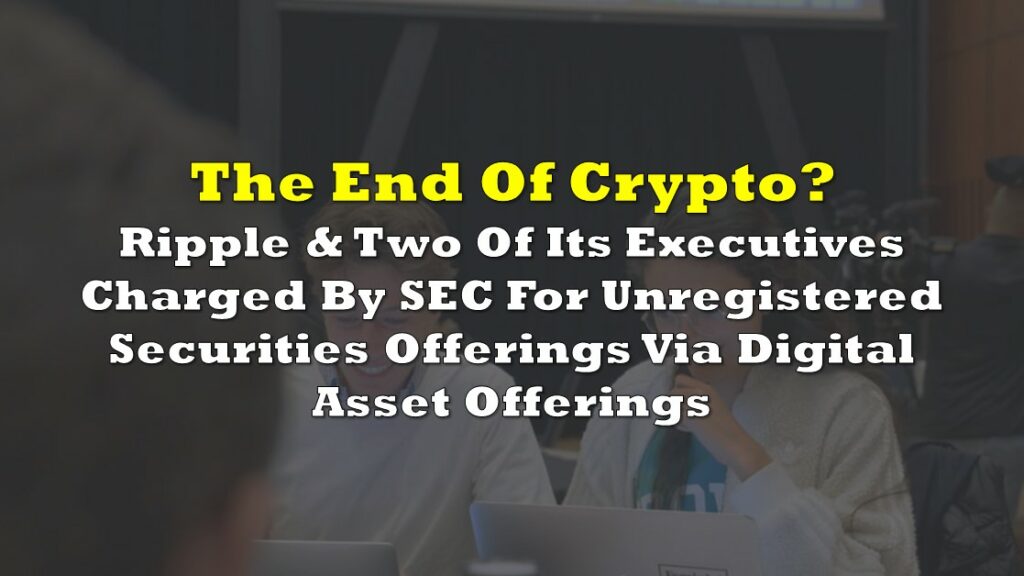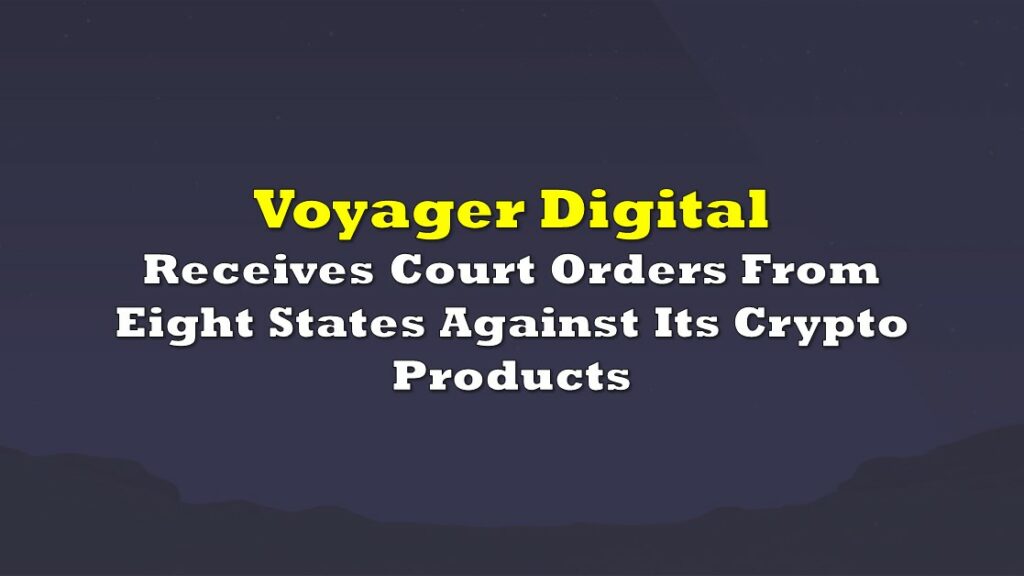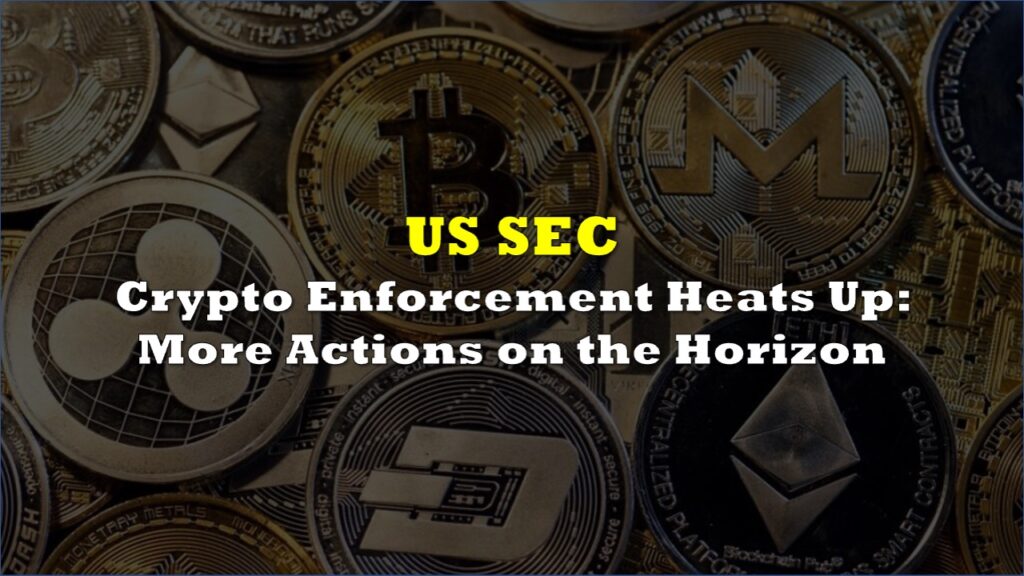Count 1: The bankruptcy court handling Voyager Digital’s case on Tuesday approved the pending sale of its assets to Binance.US in a deal valued at $1.3 billion.
Judge Michael Wiles accepted Voyager’s restructuring plan, which is based on an acquisition by Binance.US. Binance has agreed to pay $20 million in cash to Voyager, and to take on crypto assets deposited by Voyager customers. According to Voyager, the clients’ crypto assets, valued at $1.3 billion in February, make up the majority of the deal’s valuation.
Wiles supported the restructuring plan, overruling the “vague” opposition to the Binance acquisition by the Securities and Exchange Commission.
During a hearing last week, SEC attorney William Uptegrove informed Wiles that SEC investigators suspect Binance.US is operating an unlicensed securities exchange. Wiles, on the other hand, was unconvinced, claiming that the agency failed to give any evidence and should not have waited until the last minute to raise a concrete concern.
I may end up losing a lot of money on Voyager, but the silver lining is that I get to watch the United States judicial system, reverse 360 one-handed dunk on the SEC. https://t.co/7BpeoMJkTz
— The Wolf Of All Streets (@scottmelker) March 7, 2023
The SEC has been intensifying its crackdown on the crypto industry. A recent Wall Street Journal report revealed from internal Binance messages that the exchange allegedly devised a strategy to escape prosecution by regulatory authorities when it established its US entity in 2019–supporting the SEC’s theory.
Wiles’ acceptance of Voyager’s plan permits it to begin moving user accounts to Binance, although Voyager has the option to back out of the transaction. On Friday, its financial advisors testified in court that the business will need up to four weeks to review additional questions concerning Binance.US’s commitment to the purchase, Binance.US’s regulatory compliance, and the security of Binance.US client deposits.
The purchase is also being investigated by the Committee on Foreign Investment in the United States (CFIUS), which is looking into the national security dangers linked with foreign investment in Voyager.
Binance.US, situated in Palo Alto, has stated that it is “fully independent” of its international parent business Binance, which is owned by Chinese-born and Singapore-based Changpeng Zhao.
After the acquisition is complete and Voyager’s customers have Binance.US accounts in place, they will be able to make withdrawals for the first time since Voyager froze their accounts last summer.
Spot Grayscale Bitcoin Trust ETF
Count 2: On Tuesday, a US federal appellate court judge questioned whether the SEC was correct to deny Grayscale Investment’s application for a spot bitcoin exchange-traded fund, given that the agency has previously approved bitcoin futures products.
Grayscale’s application to convert its flagship spot Grayscale Bitcoin Trust (GBTC) into an exchange-traded fund (ETF) was initially denied by the SEC in June, claiming the proposal did not meet anti-fraud and investor protection standards.
Had it been approved, GBTC would be the first spot bitcoin ETF, potentially opening up the industry to more institutional investors. Crypto bulls had high hopes for a spot bitcoin ETF since the SEC has previously approved other bitcoin-based ETFs, which were futures market-oriented or short positions.
Immediately after the SEC decision was handed down, CEO Michael Sonnenshein announced a lawsuit against the regulatory agency.
Grayscale’s main counsel, Donald Verrilli Jr., an Obama-era U.S. solicitor general, told the court that a spot bitcoin ETF would “better protect investors” because it would provide them with monitoring through the Chicago Mercantile Exchange, where bitcoin futures trade.
Meanwhile, SEC’s senior litigation counsel, Emily True Parise, contended that the regulator lacks evidence to evaluate whether those surveillance arrangements could detect potential fraud and manipulation in the spot markets.
“The evidence is just mixed at this point. It’s bi-directional sometimes,” she said, noting that bitcoin futures have only been trading since 2017.
The panel of judges on the District of Columbia Court of Appeals in Washington pressed the SEC on Grayscale’s argument that because the regulator previously approved certain surveillance agreements to prevent fraud in bitcoin futures-based ETFs, the same setup should be sufficient for Grayscale’s spot fund, because both spot and futures funds rely on the price of bitcoin.
“It seems like it’s fine for an agency to say okay, we need some more information, but it seems there’s quite a bit of information here on how these markets work together, and the SEC has not offered any explanation… that the petitioners here are wrong,” said Judge Neomi Rao.
thanks for your support, Mike
— Sonnenshein (@Sonnenshein) March 7, 2023
The SEC also rejected FMR LLC’s Fidelity, SkyBridge Capital, and Valkyrie Investments Inc. as potential issuers of spot bitcoin ETFs.
Sonnenshein said that a final verdict in the lawsuit is expected this fall, and that he believes the court will decide in Grayscale’s favor. In January, he told Reuters that Grayscale would file an appeal if the court upheld the SEC’s decision to reject its bitcoin ETF proposal.
Ripple
Count 3: A New York district judge struck from the record SEC’s expert witnesses in its case against Ripple, potentially derailing the regulatory agency’s legal arguments.
Southern District of New York Judge Analisa Torres agreed with the defendant’s argument that the opinion of an SEC’s expert on what a reasonable XRP–Ripple’s digital asset–purchaser believed should be “excluded because he lacks a reliable methodology to support his opinion.” In the decision, he is referred to as Expert No. 1 and is described as “the founder and managing director of an investment partnership” which was ‘originally primarily focused on making investments in the digital asset space’.” He also has a master’s degree in electrical engineering.
“Expert No. 1 lists six factors that would have been important to a reasonable purchaser of XRP and analyzes Ripple’s public statements using those factors,” the court wrote in its decision. “But, he provides no justification for the importance of those six factors besides his ‘experience as an investor in
digital assets as well as [his] close observation of the digital asset space’.”
Specifically – not only is the SEC’s expert on “reasonable expectations of an XRP purchaser” struck from the record, but so is their expert who tried to say what “caused” the price of XRP to change. 2/4
— Stuart Alderoty (@s_alderoty) March 8, 2023
The SEC’s case against Ripple started back in December 2020 when the agency charged the crypto firm and two executives–Chairman Christian Larsen and CEO Bradley Garlinghouse–for raising $1.3 billion via unregistered securities offerings.
While the defendants already conceded that they never filed a registration statement with the SEC, they continue to argue that they never sold XRP as security or investment contracts; therefore, no registration statement was required. This continues the ongoing argument on whether a crypto asset can be considered a security based on the promise of future profits.
In his most recent statement, SEC Chair Gary Gensler said almost all sorts of crypto transactions already fall under the purview of the agency as they consider it security–except spot transactions in bitcoin itself and the actual purchase or sale of goods or services with cryptocurrencies.
“They might drop their tokens overseas at first and contend or pretend that it’s going to take six months before they come back to the US,” Gensler said in an interview. “But at the core, these tokens are securities because there’s a group in the middle and the public is anticipating profits based on that group.”
The SEC’s Expert No. 1 testified that “based on XRP design features and Ripple’s public statements, ‘a reasonable [XRP] purchaser would have had an expectation of future profit derived from the efforts of Ripple’.”
The court, in agreeing to exclude the testimony, said that the expert did not “cite any sources supporting his method.” He even “conceded that he did not speak to any purchasers of XRP in preparing his report.”
The agency’s Expert No. 2, a securities consultant and former senior vice president of regulation and controls for the NASDAQ stock exchange, is described to have had more than fifty years of experience in the securities industry and has testified in many securities cases. The defendants want to exclude his testimony, characterizing it as “irrelevant, confusing to the jury, not based on relevant expertise or reliable methodology, and usurping the role of the judge and jury.”
While the court rejects the defendants’ motion to exclude the expert’s testimony based on relevance and qualifications, the district judge ruled to preclude further testimony from Expert No. 2 “as to the materiality of Ripple’s potential disclosure.” The judge agreed that his opinions on the matter is a legal conclusion that would usurp “the role of the jury in applying th[e] law to the facts before it.”
The court also precluded the testimony of Expert No. 4, who holds a PhD in distributed systems, specifically on the part where he said “if Ripple would disappear, serious risks to the correct operation of the XRP Ledger network may arise.” The judge said the expert was not able to “explain how his personal experience provides him with a sufficient basis for speculating about how others would behave.”
More importantly, the judge sided with Ripple’s argument that there is “too great an analytical gap” between Expert No. 5’s event study and his conclusion that Ripple’s announcements caused XRP’s price to rise–alluding to price manipulation. The expert holds a PhD in economics and is a principal consultant at a global economic consulting group.
“Without additional analysis controlling for confounding factors, or an appeal to academic literature to support a determination of causation, Expert No. 5’s event study demonstrates, at best, correlation between the news announcements and XRP’s price changes,” Judge Torres wrote.
Despite an ongoing SEC lawsuit, Ripple has not given up on making its public debut, which could happen as soon as its legal battle is settled.
Information for this briefing was found via Reuters and the sources mentioned. The author has no securities or affiliations related to this organization. Not a recommendation to buy or sell. Always do additional research and consult a professional before purchasing a security. The author holds no licenses.









